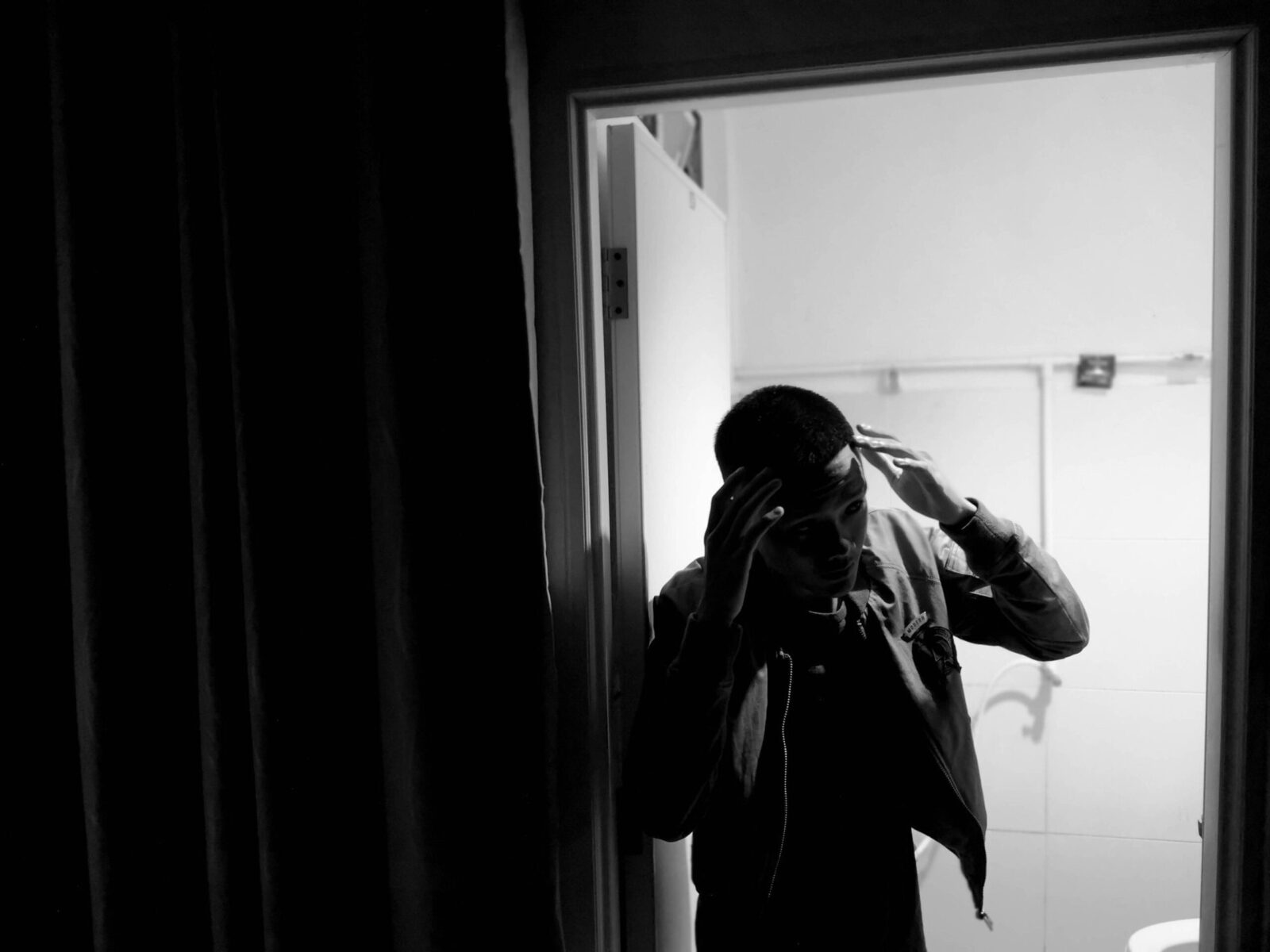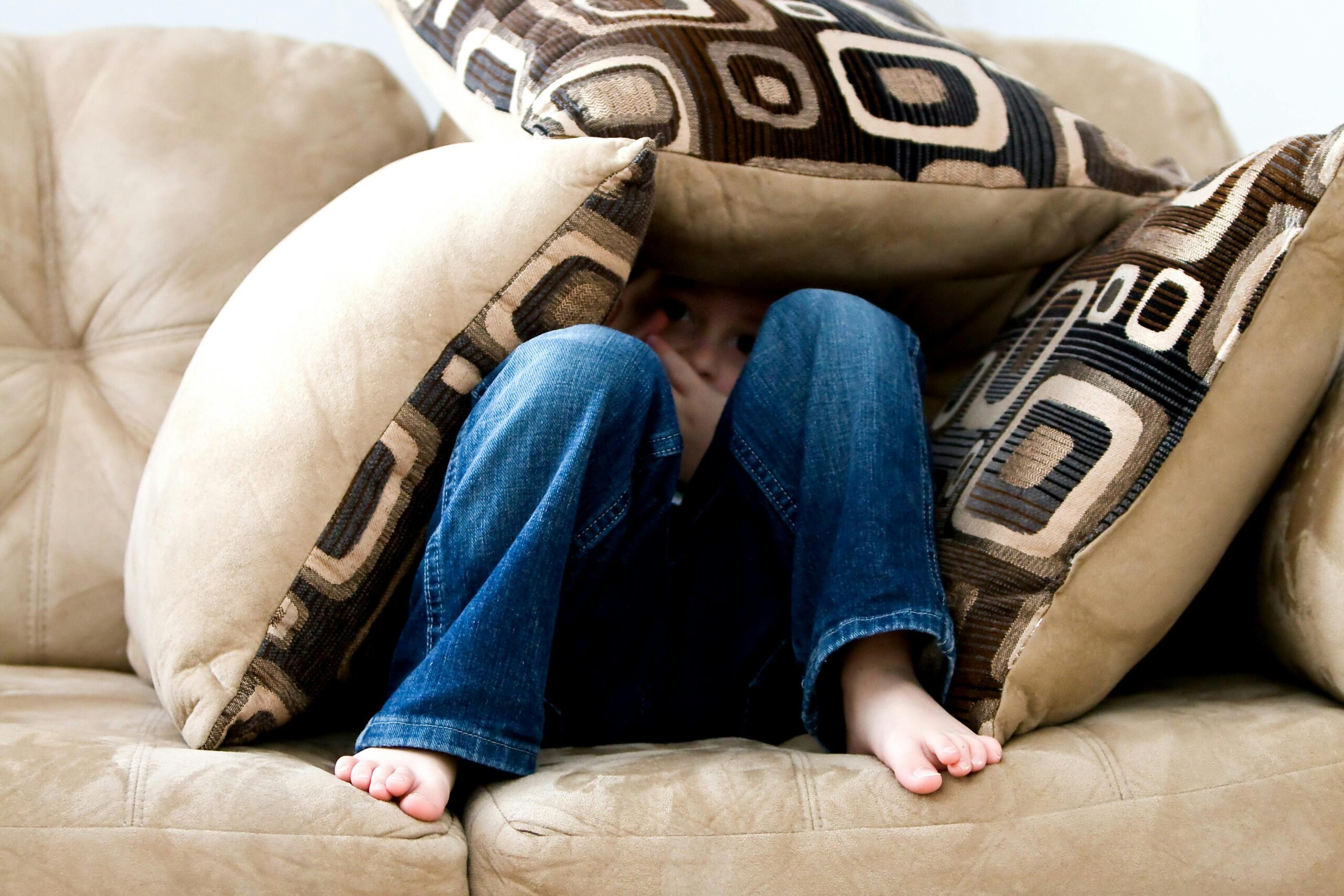
How to cure migraine at home or how can you cure migraine permanently?
What causes migraines?
Migraines are not known to have a precise cause, but they are thought to be caused by temporary changes in brain chemicals, nerves, and blood vessels. It is possible that genes are at play since nearly half of all migraine sufferers have a close cousin who also experiences headaches. A total of 150 different types of headaches exist, divided into two groups: primary headaches and secondary headaches. Migraines are primary headaches, which means they are not caused by another condition. It is not possible to diagnose primary headache disorders through blood tests or imaging studies. Secondary headaches are symptoms of another medical condition. According to current theories, migraines are caused by abnormal brain activity temporarily affecting nerve signals, chemicals, and blood vessels in the brain. One-sided headaches that pulse and throb, among other symptoms, are indicative of a migraine. Physical activity, such as light, sound, or smell, will likely aggravate your migraine. It might continue for a few hours or perhaps a few days. Migraines can occur once a year, once a week, or occasionally. Most people suffer from migraine headaches between two and four times a month.
What are the symptoms of migraine?
A headache is caused by migraines. A throbbing or pounding pain may be experienced. A dull ache can be the beginning of mild, moderate, or severe pulsating pain. Without treatment, the pain will worsen. A headache may affect one side of your head and the other, or it may affect your whole head. Many people experience pain around their eyes or temple, in their faces, sinuses, jaw, or neck.
Migraine headaches can also include the following symptoms:
- A feeling of extreme warmth (sweating) or coldness (chills).
- Pale complexion (pallor).
- Exhaustion.
- Feeling dizzy.
- Sore scalp.
- The possibility of diarrhea is rare.
- Frequent fever.
- hypersensitivity to light, noise, and odors.
- stomach distress and abdominal ache.
- Weak appetite.
How can you cure migraines at home, or how can you cure migraines permanently?
You should stop whatever you’re doing as soon as you experience a migraine. Turn the lights off. Light and sound can aggravate migraines. Find a dark, quiet place to relax. Try to go to sleep if you can. Use temperature therapy. Warm or cool compresses may help. Ice packs have a numbing effect that might lessen pain perception. Warming pads can relieve muscle tension. A hot bath or shower could work similarly. Have a caffeinated beverage. Early on in a migraine attack, a small dose of coffee can reduce discomfort or enhance the effects of aspirin and acetaminophen (Tylenol, among other brands). You might not be able to fall asleep or wake up during the night if you suffer from migraines. Poor sleep can also trigger migraines. With proper treatment, headaches can be reduced or eliminated. Over-the-counter medications, including ibuprofen, aspirin, and paracetamol, can help many migraine sufferers feel less uncomfortable. When taken as soon as a migraine attack begins, they usually work best because this allows the medication to enter your system and reduce pain.
During migraines, what happens inside the brain?
You are not only affected by what happens inside your head. Severe, throbbing pain, nausea, vomiting, sensitivity to light, sound, smell, and touch, as well as pain spreading from many parts of the body, are among the many symptoms linked to chronic migraines, which are defined as headaches that occur 15 or more days per month. Most migraines begin with a trigger, which usually is incoming sensory information that most people wouldn’t notice, like walking through the intense smell of roasting coffee beans or opening the door to a sunny day. It feels as if they are an all-out assault during a migraine. Consequently, the brain produces a disproportionate response to the trigger, its electrical system firing like crazy. An increase in electrical activity changes blood flow to the brain, thereby affecting the brain’s nerves and causing pain.
Does migraine have any serious consequences?
If you get migraines, it will negatively affect your quality of life and make it difficult for you to go about your everyday business. People occasionally have to spend days at a time in bed. With a variety of treatments, it is possible to reduce the symptoms and prevent further attacks. The risk of ischaemic strokes is slightly higher with migraines, as are the risks of mental illness. An ischemic stroke occurs when there is a blockage of blood flow to the brain due to blood clots or fatty material in the arteries. The risk of having an ischaemic stroke is twice as high for people suffering migraines (particularly migraines with aura) compared with people without migraines. Typically, migraine headaches are preceded by auras, which are a combination of sensory, motor, and speech symptoms. Sometimes this can happen during or even after a headache, but it is typically misdiagnosed.




